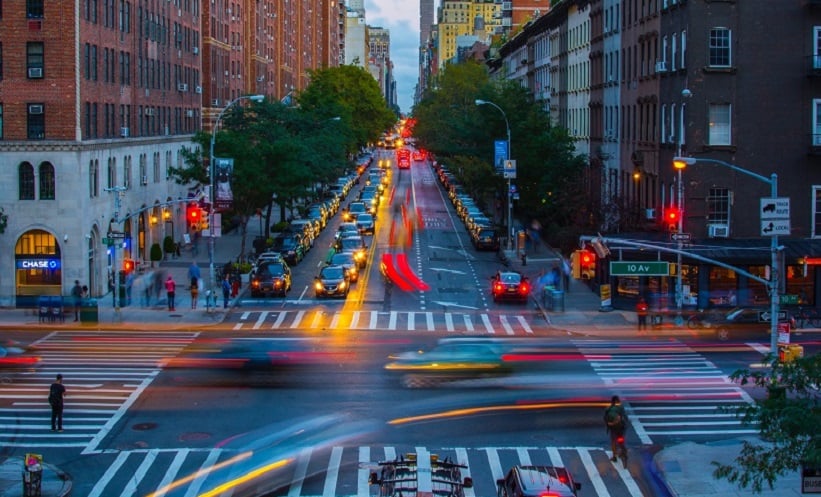PRELIMINARY studies have demonstrated a correlation between noisy road traffic and increased risk of hypertension. However, it was ambiguous whether this correlation was due to noise or air pollution. A novel prospective study has revealed that long-term exposure to road traffic noise is associated with increased incidence of primary hypertension, calling for public health initiatives to decrease noise exposure.
Researchers analysed data from more than 240,000 participants enrolled in the UK Biobank cohort study, who were free of hypertension at baseline. Road traffic noise was estimated based on residential address and the common noise assessment method, a European modelling tool. Using medical records, they determined incident hypertension through March 2017.
Using follow-up data over a median of 8.1 years, the researchers identified 21,140 incident primary hypertension diagnoses. They disclosed that participants living near road traffic noise were more likely to develop hypertension, revealing that risk increased in tandem with the level of noise. Even after adjustment for exposure to fine particles and nitrogen dioxide, the association between road traffic noise and hypertension was robust. However, participants with high exposure to both traffic noise and air pollution demonstrated the highest hypertension risk, highlighting the impact of air pollution. Nonetheless, the researchers emphasised that it was essential to explore the independent effects of road traffic noise, rather than the total environment.
This is the first large-scale prospective study directly investigating the effect of road traffic noise on the incidence of newly diagnosed hypertension. The data provides significant evidence to support the potential of modifying road traffic noise and air pollution to improve cardiovascular health. Public health measures can benefit from these findings, wherein policies can be implemented to alleviate the adverse impacts of road traffic by, for example, imposing stricter noise guidelines, improving road conditions, and investing in technology on quieter vehicles. The researchers highlighted that field studies are underway to further understanding of the pathophysiological mechanisms through which road noise impacts hypertension.








